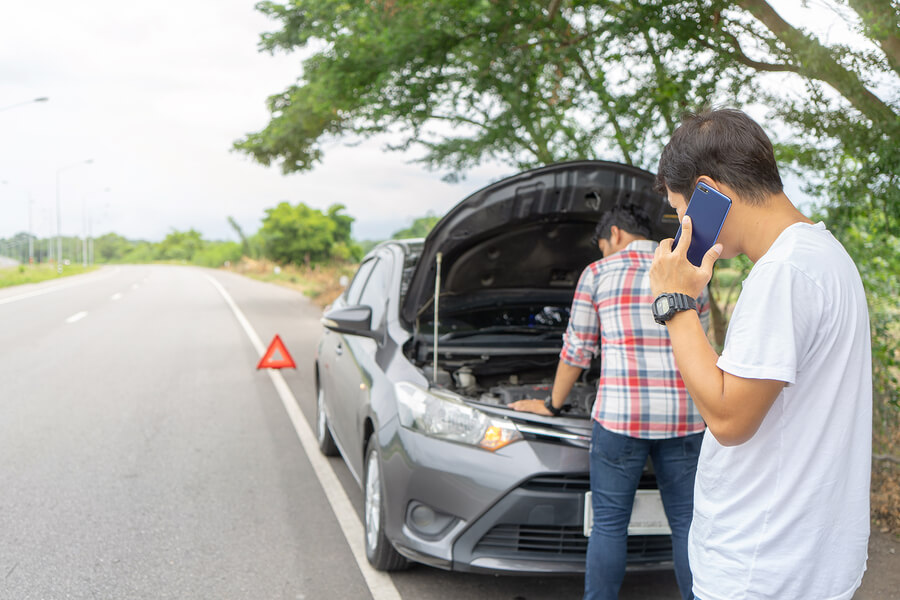What is California Lemon Law?
Lemon Law is a State law that provides warranty protection to the buyers of cars and other consumer goods from defective products. It compensates for the products that fail to meet the standards of quality and performance after repeated attempts to fix them. The term ‘lemon’ is often used for defective vehicles like automobiles, SUVs, trucks, and motorcycles. Every US state including D.C has its own state lemon laws which differ from one another in the criteria to qualify for claims

The new vehicle Lemon Law mandates the auto manufacturers to repurchase a vehicle that has significant defects which the manufacturer is unable to fix within a reasonable amount of time and number of fixes. The lemon law considers the nature of the defect in the vehicle, the number of days the vehicle is not in use for the same defect and the number of attempts made to repair the defect. The manufacturer is obligated to repurchase the defective vehicle or refund if the manufacturer is unable to fix the defects within the total number of days as stipulated by the state law.
The presumption under Lemon Law.
Within the Song-Beverly Act, a presumption guideline specifies the criteria under which a vehicle is termed as lemon. A vehicle should be within 18 months of delivery to the buyer or show up to 18,000 miles on the odometer, whichever comes first. Apart from these specifications, it should also meet the following criteria:
i. The manufacturers of the vehicle have made two or more attempts to fix a warranty problem which has the potential to cause death or serious injuries on driving the vehicle.
ii. The manufacturers have made four or more attempts to repair the same warranty problem.
iii. The vehicle has been not in service for more than 30 days due to any of the warranty repairs.
iv. The warranty repairs, which tends to reduce vehicle’s use or value or safety to drive, should not be caused by the abuse of the vehicle.
v. The consumer must directly notify the manufacturers about the problem by preferably sending a written notice to address depicted in the warranty manual. A vehicle meeting these criteria enables the buyer to exercise the Lemon Law for repurchase or replace of the vehicle. A manufacturer has rights to rebut the claim by a consumer by proving the proofs of criteria has not been met.

Arbitration Process.
Most of the manufacturers in California offer an arbitration process that allows consumers to use a neutral third party to decide the number of repair attempts and get the settlement award to be granted to the consumers. Arbitration is a free process but there are basic requirements that need to be fulfilled to file a claim for arbitration.
The arbitrator may award any of the following awards to the consumer depending on case to case.

i.Additional repair attempt.
ii.Replacement of the vehicle.
iii.Refund of the vehicle price.
iv.Reimbursement of expenses.
v. No award at all.
vi.Other offers or awards like extended service or attorney fees.
If the decision is made to award a replace or refund, it is subject to Civil Code Section 1793 which makes the manufacturer replace the vehicle or make remedies in accordance with the Civil Code Section. It may include payment for damages, repair, towing, rental, any taxes, and license fees. There could be deductions on the awarded refunds for noncompletion of repairs after insurance payment.
